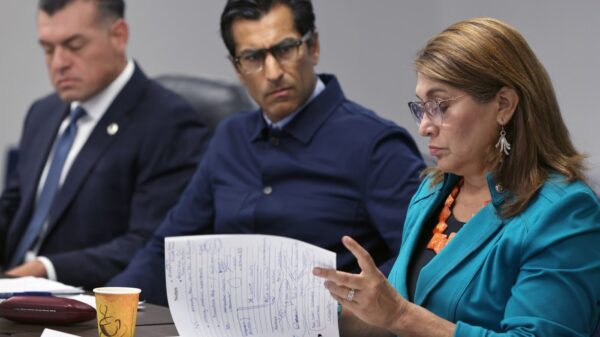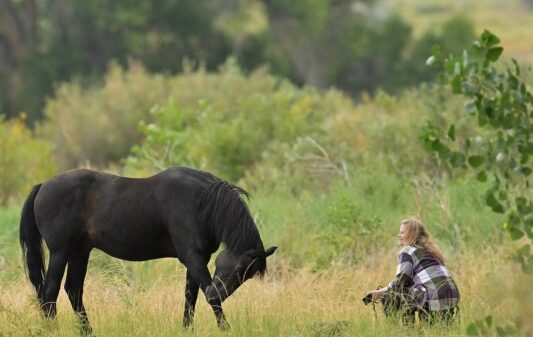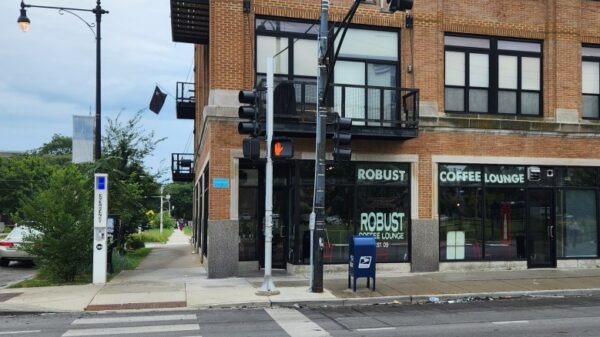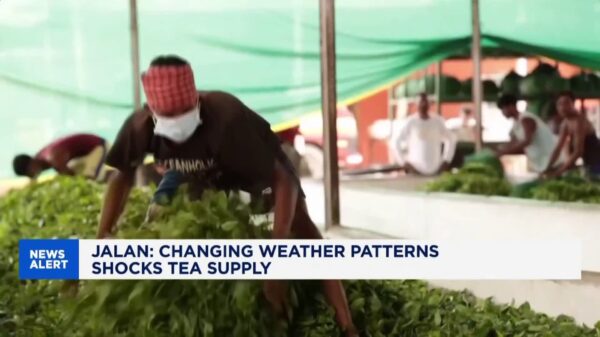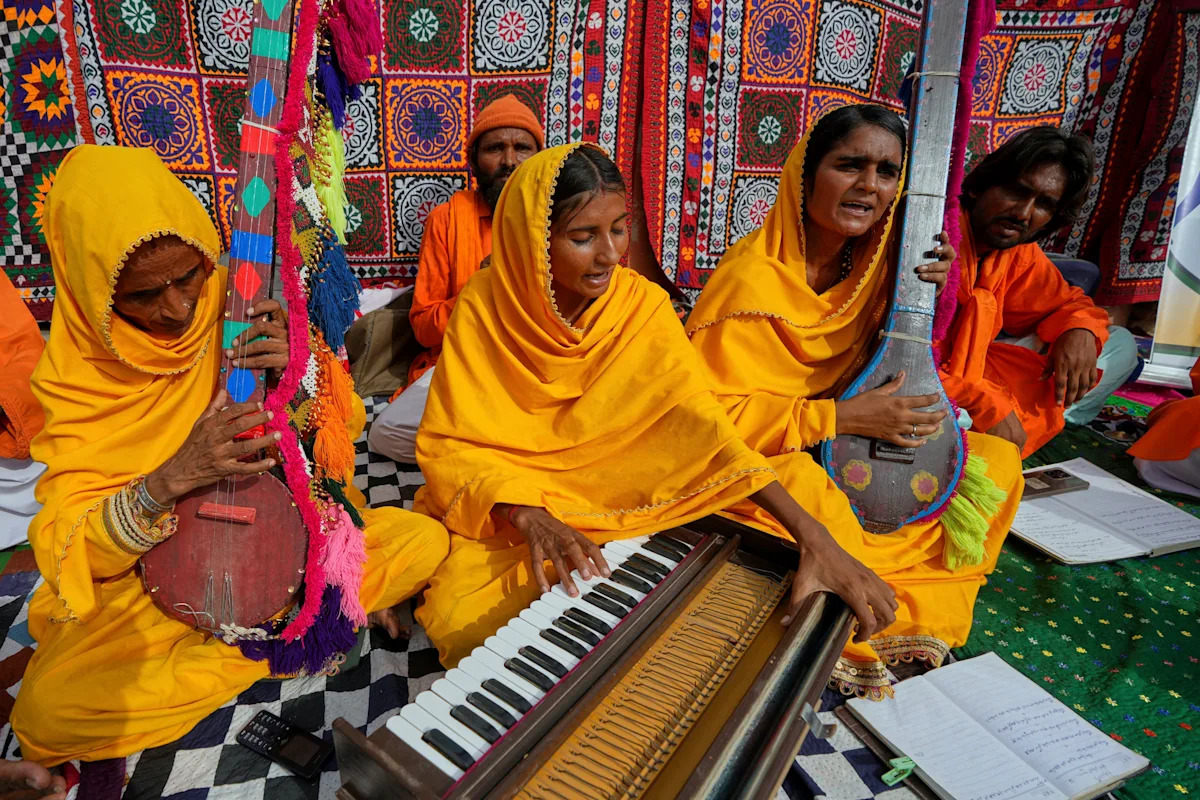In Pakistan’s Sindh province, musicians are leveraging folk songs and rap to raise awareness about the urgent impacts of climate change. Villagers gather as Sham Bhai, a local folk artist, sings poignant lyrics that reflect the struggles faced by communities in the aftermath of devastating floods. Her performances aim to educate and inspire action in a region that has experienced significant climate-related challenges.
Umerkot, a district in Sindh, has seen the effects of climate change firsthand. Sham, whose voice resonates through simple dwellings, highlights the plight of the vulnerable. “We are the people of the south. The winds seem to be blowing from the north,” she sings, capturing the emotional turmoil caused by extreme weather events. Over the past three years, Sindh has dealt with severe flooding that resulted in more than 1,000 rain-related deaths in a matter of months, leaving behind a landscape marred by destruction.
Sham’s approach involves utilizing music as a means of communication in areas where literacy rates are low and digital resources are scarce. “When we give a message through song, it is easy to communicate to people because they understand it,” the 18-year-old artist told The Associated Press. Her songs, often performed in Sindhi—an official provincial language—are more accessible to local audiences than Urdu, the national language.
The devastation from the floods remains evident, with many homes and roads still unrepaired. Villagers like farmer Ghulam Mustafa Mahar have adapted their agricultural practices due to unpredictable weather patterns. “The monsoon season used to come on time, but now it starts late,” he explains, noting the shift from summer to winter crops as a necessary adjustment.
As Sham and her fellow musicians engage communities through their art, they also emphasize the gendered impact of climate change. Women and children, often left vulnerable when men leave for work, face heightened risks during extreme weather events. “The meaning of the song is that poor people’s homes built on mud are not strong,” Sham explains, shedding light on the hardships faced by families during heavy rains.
Another voice in this movement is Urooj Fatima, a rapper from Jhuddo who performs under the name Sindhi Chhokri. She has shifted her focus to climate awareness following floods that struck her village in 2022 and again in 2024. “We can engage a lot of audiences through rap,” she states, highlighting the genre’s potential to reach vast numbers of people. Urooj has crafted a rap that addresses the flooding in Balochistan, Pakistan’s poorest province, advocating for greater government support and accountability.
She passionately critiques the inaction of local authorities in her lyrics: “I am telling the truth. Will your anger rain down on me? Where was the Balochistan government when the floods came?” Urooj and her sister, Khanzadi, are actively campaigning for climate justice, planting trees and visiting villages to spread their message.
Despite the challenges and controversies surrounding her advocacy, Urooj remains committed to raising awareness about the disproportionate effects of climate change on women and girls. “For women, there are no opportunities or facilities. And then, if a flood comes from above, they face more difficulties,” she explains, emphasizing the intersection of climate change and gender inequality.
The efforts of Sham and Urooj illustrate the vital role that music can play in educating communities and fostering resilience in the face of climate adversity. Their commitment to using art as a tool for social change not only highlights the immediate need for climate action but also empowers those most affected by environmental crises. As they continue to perform and advocate, these musicians are ensuring that the voices of their communities are heard loud and clear in the fight against climate change.













